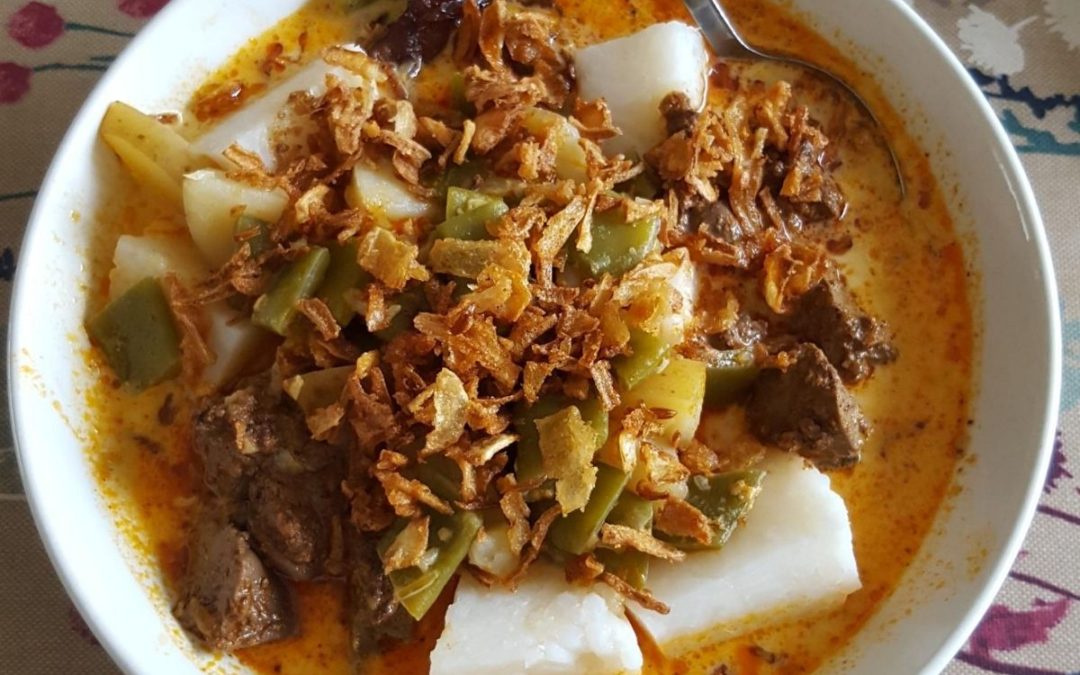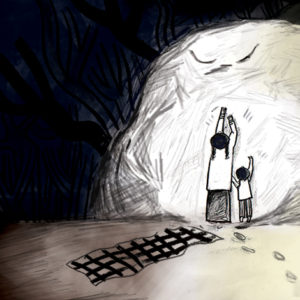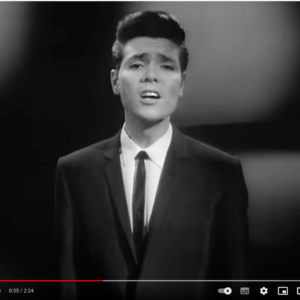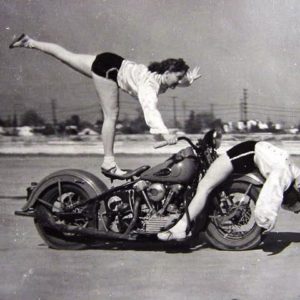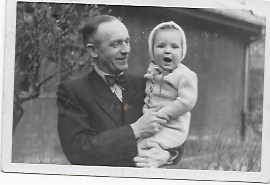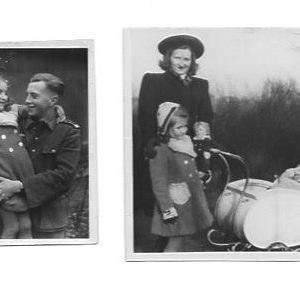Allaaah, hoo-akhbar Allah, hoo-akhbar Allaaah, hoo-akhbar.
Laaaa illah, ha-ill- lallaah, hoo-wallah, hoo-akbar
Allaah, hoowalah walillah, ill-hamd
I grew to hate all things religion but the Eid adhan, the call to Eid prayer endured for many years. With its melodious and melancholic strains, sad and uplifting at the same time, like Procol Harum’s Whiter Shade of Pale but more intense, its pull-let go-pull-let go-pull-pull and pull again on heartstrings, filtered through tender memories of spending one Eid with my mother’s father, the sweetest, most gentle man in the world, the two of us sharing goat head soup, sucking goat brain from its skull. And the many early childhood Eids at the big old house on Seang Tek Road, where after a month of abstinence, thirty days of reflections, praying, and contemplation during Ramadhan, relatives, and friends in hordes trooped in and out for days, gathering and feasting on delectable morsels cooked only once a year. Kids kissed the hands of elders and asked for their forgiveness to start the year with a clean slate. Elders gave kids money in small green envelopes.
The joy eroded when we moved to Evergreen Road waking to my mother’s dawn special audio tape: “Wake up wake up, Uncle Hassan will be here.”
“Why do they come so early, why don’t they go to the mosque first.”
“WAKE UP! Don’t you know this is Eid morning, other people are showered and dressed in new Eid clothes. Other people are getting ready for Eid prayers at the mosque.”
“GET UUUP!”
My mother screamed from the kitchen separated from our bedroom by a wall of windowpanes opened and angled horizontal for my siblings and I to hear her loud and clear.
After Eldest Uncle died and Second Uncle was banned like he was the communist chief Chin Peng, my father became de facto eldest, and everyone paid their respects by visiting him on the first day of Eid. As Uncle Hassan was the most reverential of the lot, he paid us the highest honor by bringing his family to my father’s house before Eid prayer, right after dawn prayer, that is, at an ungodly hour in the morning on a school holiday.
Uncle Hassan is the husband of Aunt Naima, my father’s sister. Aunt Naima was a model wife and mother, she did not utter a peep in front of Uncle Hassan, she made dishes from recipes, unheard of in 60’s Penang. She baked pineapple tarts, powdery pastry wrapped in pineapple she jammed herself, her table settings and handicraft were legendary, she was a beauty, soft spoken and smiling, her head bent low and eyes lowered when speaking. She was all these because she was always all these, and because she was married to Uncle Hassan, a model husband, who brought home his paycheck and handed it all to Aunt Naima, every month, month after month, who discussed things with her in a small voice behind closed doors—the only adult male in our extended family other than Youngest Uncle, who had in his personal repertoire, a discussion-voice. Everything Uncle Hassan and Aunt Naima did they talked over in low soft voices first, behind closed doors. At their home, Uncle Hassan led the prayer, an imam in his own home, his three sons took turns to recite the adhan, the call to prayer. Uncle Hassan led his wife and sons, and my sister and I, when we lived with them in the months my father was hospitalized when his left lung was eaten by tuberculosis. The lung was removed but not before snapping off ribs and sawing his shoulder blade to get to it, the procedure less surgery more excavation in the sixties.
My mother reheated the Eid dishes she cooked the night before. “WAKE UP!” she screamed again as she cursed the kerosene stove for its inconsistent flame. The sky was falling inside our home and Uncle Hassan and family were arriving any moment.
I rolled out of bed.
Some years Uncle Hassan and family were already in the living room, and I would pretend invisibility, slipped past Uncle Hassan and family all color coordinated, one year they all wore electric blue, another year, lime green; washed my face, fluffed the fro at the back and sides of my head compressed in the night. Often Aunty Naima did double duty, wife, and mother to her lot and my mother’s helper getting our table together. I quickly kissed her hand and wished her “Eid Mubarak, forgive me all my wrongs,” to get it over with, then, deep breath, enter the living room to do the same with Uncle Hassan.
After Uncle Hassan and his family left and the first pain of Eid was over, my father leaves for the mosque which made the morning even better. Next came the best part: my siblings Adek, Jo, Anas, and I, stuffed our faces. I topped up the dishes on the table, my mouth watering in anticipation of lontong, a once-a-year bowl of rice steamed in pouches of banana leaves in a coconut soup of julienne pipinola squash and carrots, topped with thin slices of beef simmered gently in spices, galingale, lemongrass and coconut, and further topped with slices of red and green chilies sautéed in fermented tofu, tamarind, and coconut.
Even my mother’s histrionic running instructions did not dampen the mood, “make sure you dry the ladle before scooping,” “crack the pot cover open so the steam can escape,” “make sure to wash the ladle, if not the food will go bad.” When my mother cooked for more than six people, she lived in terror of food going bad. She reheated all the pots of food that morning and again every few hours. It was her surefire way of keeping food from going bad. And when the Yahudi, chicken simmered ever so slowly in one part tomato cream, three parts thick coconut milk with cardamoms, cloves, and ginger, went bad, as it did every year by the end of the day because of the heavy coconut milk, it was like a pet had died, my mother would cry, “oh what a pity, what a pity,” “so much left, all wasted.”
Did not matter how many times I told her: “if you do not want cooked food to go bad leave it in the refrigerator, scoop out and reheat what you eat, not the whole effing pot.” Her refrigerator was a cupboard. She wrapped all manner of food in newspaper to keep things dry and stuffed them in the fridge, rolls, and rolls of unknowable vegetables, fish, fruit, with no room for cooked food. Cooked food she kept in the larder like the generation without refrigerators before her.
Then the dreaded moment when I kiss my mother’s hand and ask her for forgiveness for my wrongs, maaf zahir batin. Dreaded because it felt like fire ants were in my pants and cooties by the thousands ate my scalp, and a nebulous mash of fear, sadness, and anger, all come pushing out — all the times my mother cried, all the times I screamed at my mother, all the times I did not help her with chores; I had to come clean.
And then there was my mother whose dam inevitably broke, crying, asking me for forgiveness as she sobbed. All the times she screamed at me, all the times she did not pay attention to her children, sucked up as she was into the vortex of that prostitute my father’s other woman. She had to come clean.
Because of the drama and all the feelings that are pushed up over our chests to our throats, every year Adek, Jo, Anas, and I, procrastinated and postponed the hand kissing asking for forgiveness moment. My mother would get angrier and fears of her children being unrepentant infidels loomed inside her and she would erupt: “Y’all have not kissed my hand and asked me for forgiveness!”
As the years went by, I got smarter and kissed her hand and asked for forgiveness even before washing my face, I would get it over with before my mother (and I) had time to build up.
With our stomachs round and hard like soccer balls after Eid breakfast, it was time to sample Eid cookies. Everyone’s favorite was coconut tapioca, one part freshly grated coconut, one part tapioca floor, one part granulated sugar, pinch of salt, pressed in baking molds one inch by two inches and two-tenths of an inch thick. It was a bitch of a cookie to make, batches would be flawed until you get the pressing technique right and especially the fire right. Our oven was an old aluminum pot on three stones on the ground with burning charcoal under the pot. The pot cover held another lot of burning coals. The “trays” the cookies were baked on were all the pot covers we owned. Flawed and burnt batches were for us to eat to our heart’s content but on Eid morning we got to sample the good stuff and we took advantage of the occasion. As much as I wanted to stuff my mouth full, quickly, you could not rush coconut tapioca cookies. The coconut and tapioca blend needed to slow-dissolve in saliva for the full creamy excitement with a hint of salt in your mouth, but, by about the fourth piece my mother would remember we hadn’t put together goodie plates for our neighbors.
You’d think no big deal, put cookies on a plate and send to neighbors, there were only two or three we would send to, the others did not count. But nooo, my mother must agonize.
“ Ni, come.” “Should we give cookies to heroin addict’s mother this year?” “Is this too little for Molly’s house, should I add more of the peanut cookie? What did they give us last year? Does this look stingy?” she showed me a plate of mixed cookies which she had spent some minutes composing, adding, subtracting, and re-arranging.
When I suggested adding the pulut kacau, sticky rice stirred gently in a giant wok in coconut milk and brown sugar over low heat, my mother snapped, “my arms are still aching from four hours of stirring, why should I give it away?” she asked.
“Because it has lots of coconut milk and will go bad,” I said, “just give.”
The mountains of plates and glasses to wash in the days before styrofoam or plastic, starting with the early morning double family breakfast to a busload of men from the mosque, to relatives visiting, one family after another, more than twenty groups of families and friends, each with five to twelve members.
On the second day of Eid, my father borrowed a car. It was our turn to visit the relatives who visited us the day before. My father cussing drivers. Bahlol!, lembu!, aiming spit out of the car like arrows meant for the other car or driver. One year he stopped the car and taunted the other driver to a fistfight, my mother begging him to let it be, then he shouted at her all the way to a relative’s house.
Visiting my father’s friends and told to behave, sit quietly, don’t rush cookies like you’ve never eaten them, just eat one or two, use only your right hand, it’s rude to use the left, don’t drink from the bottle, sip from a cup. And when uncle or aunty asked a question quickly and intelligently answer so they don’t think you are rude or stupid. I hated visiting my father’s friends but loved the green $5 and on rare occasions the red $10 notes they gave.
Stepping up to, greeting and kissing adult hands, the men’s dried and perfumed, the women’s damp from washing dishes.
Counting money in the car on the way home and dreaming of how i would spend it.
As soon as I left home, I stopped celebrating Eid. I don’t miss it, not even the food, maybe the lontong.

